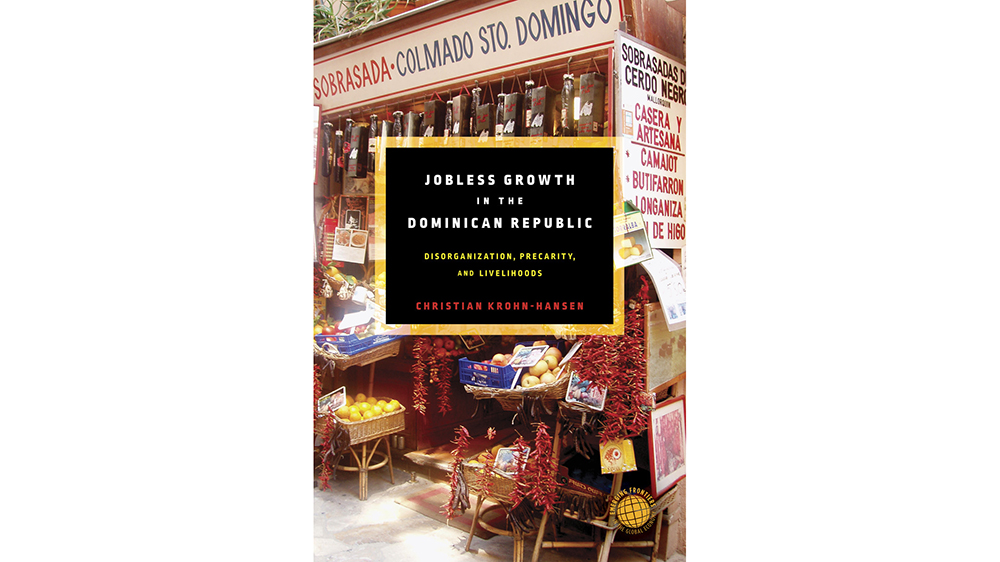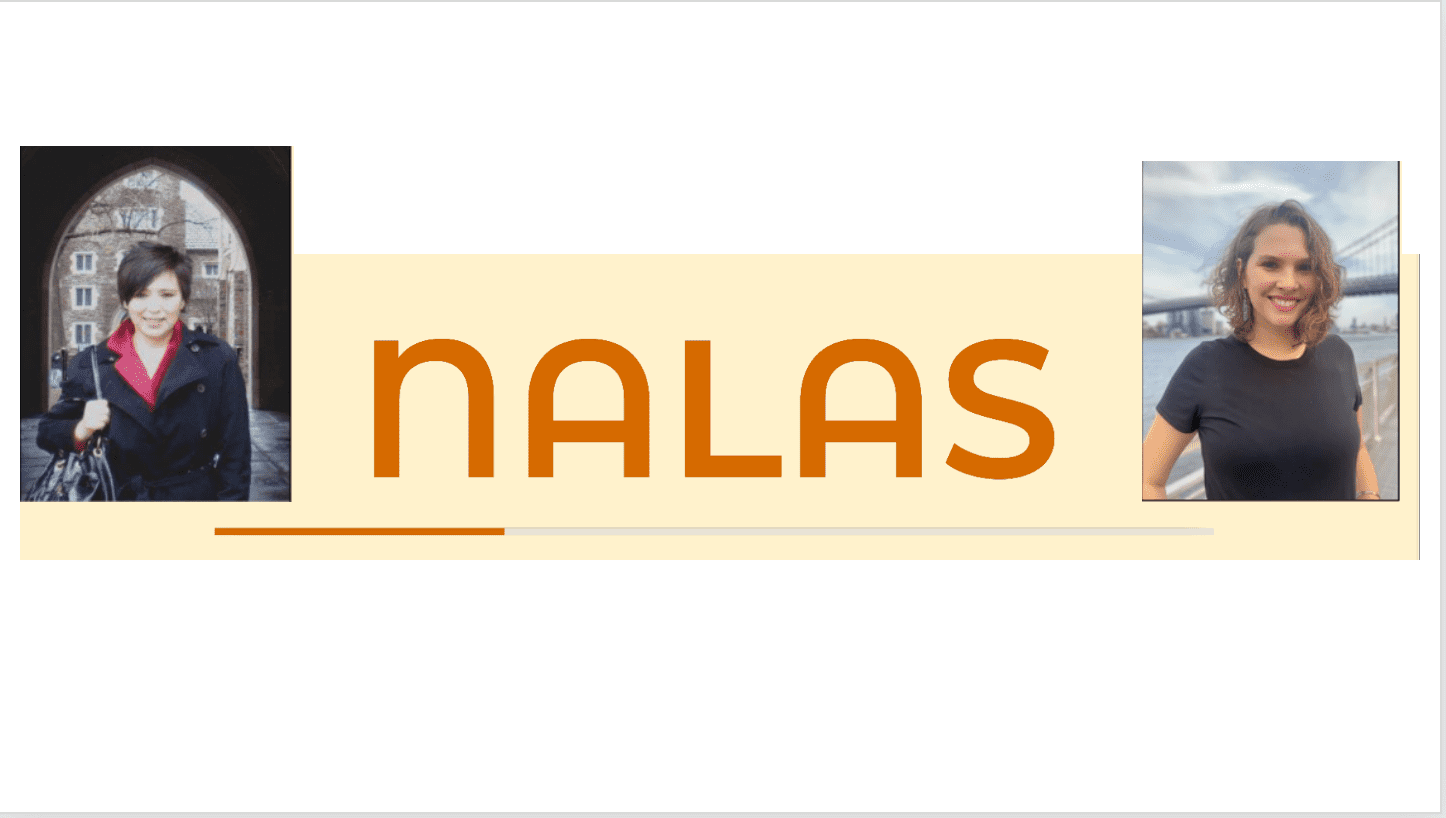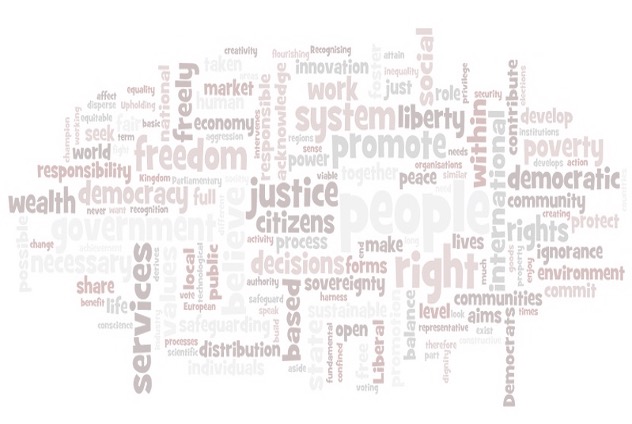Book launch: Jobless Growth in the Dominican Republic
Christian Krohn-Hansen launches his new book Jobless Growth in the Dominican Republic: Disorganization, Precarity, and Livelihoods.

Time and place: June 2nd, 2022, 17:00–18:30, Litteraturhuset, Oslo Legg til i kalender
The event will be streamed. To join the live stream event go the Department's YouTube-channel.
This book employs thick ethnography in the Dominican Republic to explore the more general challenges that the phenomena of jobless growth and «no wage labour futures» raise for political-economic analysis.
Christian Krohn-Hansen (Professor of Social Anthropology at the University of Oslo) will discuss the book with Susana Narotzky (Professor of Social Anthropology at the University of Barcelona) and Elisabeth Schober (Professor of Social Anthropology at the University of Oslo). Rune Flikke (Professor of Social Anthropology at the University of Oslo) will chair the event.
About the book
The Dominican Republic has posted impressive economic growth rates over the past thirty years. Despite this, the generation of new, good jobs has been remakably weak. How have ordinary and poor Dominicans worked and lived in the shadow of the country’s conspicuous growth rates? This book considers this question through an ethnographic exploration of the popular economy in the Dominican capital. Focusing on the city’s precarious small businesses, including furniture manufacturers, food stalls, street-corner stores, and savings and credit cooperatives, Krohn-Hansen shows how people make a living, tackle market shifts, and the factors that characterize their relationship to the state and pervasive corruption.
Empirically grounded, this book examines the condition of the urban masses in Santo Domingo, offering an original and captivating contribution to the scholarship on popular economic practices, urban changes, and today’s Latin America and the Caribbean.
This book is published by Stanford University Press and can be purchased here: Jobless Growth in the Dominican Republic: Disorganization, Precarity, and Livelihoods | Christian Krohn-Hansen (sup.org)


